Description
Azicip 250 Tablet (Azithromycin) – Treatment for Bacterial Infections
Azicip 250 Tablet is an effective antibiotic containing Azithromycin, used to treat various bacterial infections affecting the respiratory tract, ears, nose, throat, lungs, skin, eyes, and certain sexually transmitted diseases like gonorrhea. This lower-dose formulation is particularly suitable for children and adults requiring milder treatment. It works by inhibiting bacterial protein synthesis, effectively stopping infection progression. The convenient once-daily dosage ensures patient compliance, but it’s crucial to complete the full prescribed course even after symptoms improve to prevent antibiotic resistance and ensure complete recovery.
Uses of Azicip 250 Tablet:
- Respiratory tract infections (pneumonia, bronchitis)
- Ear, nose and throat infections (otitis media, sinusitis, pharyngitis)
- Skin and soft tissue infections
- Eye infections (conjunctivitis)
- Typhoid fever
- Sexually transmitted infections (gonorrhea)
- Mild to moderate urinary tract infections
Benefits of Azicip 250 Tablet:
- Effective against wide range of bacterial infections
- Lower dose option for pediatric and sensitive patients
- Convenient once-daily dosing schedule
- Short treatment duration (typically 3-5 days)
- Well-tolerated with minimal side effects
Side Effects of Azicip 250 Tablet:
- Mild diarrhea (usually temporary)
- Nausea
- Abdominal discomfort
- Occasional vomiting
- Mild stomach pain
How to Use Azicip 250 Tablet?
Take exactly as prescribed by your doctor, typically once daily. Swallow the tablet whole with water – do not crush, chew or break it. Can be taken with or without food, but maintaining consistent timing improves effectiveness. Complete the entire prescribed course without skipping doses, even if symptoms improve earlier.
How Azicip 250 Tablet Works?
It contains Azithromycin which belongs to the macrolide class of antibiotics. It works by binding to the 50S ribosomal subunit of bacteria, inhibiting protein synthesis. This action prevents bacterial growth and multiplication, allowing the body’s immune system to effectively eliminate the infection.
Safety Advice:
- Alcohol: Consult doctor before consumption
- Pregnancy: Generally safe if prescribed by physician
- Breastfeeding: Safe but monitor infant for potential side effects
- Driving: Safe (no significant impairment)
- Kidney Disease: Use with caution – dose adjustment may be needed
- Liver Disease: Requires medical supervision
What If You Miss a Dose?
If you forget a dose, take it as soon as remembered. If it’s nearly time for the next dose, skip the missed one. Never take two doses together to compensate.
Important Drug Interactions:
- Domperidone: Strictly avoid – risk of fatal heart rhythm disorders
- Amiodarone: High-risk interaction – requires ECG monitoring
- Artemether: May cause dangerous heart rhythm changes
- Antacids: Maintain 2-hour gap between doses
- Warfarin: May require dose adjustment
FAQs:
Q1. Is the Tablet safe for children?
Yes, when prescribed by a pediatrician in appropriate doses based on the child’s weight and condition.
Q2. How quickly does Azicip 250 work?
Most patients notice improvement within 48-72 hours, but complete the full prescribed course.
Q3. Can I take antacids with Azicip 250?
Maintain at least 2 hours between antacids and Azicip doses to avoid reduced effectiveness.
Q4. What if my symptoms worsen after starting treatment?
Contact your doctor immediately if symptoms worsen or persist beyond 3 days.
Q5. Why is the treatment course shorter than other antibiotics?
Azithromycin has prolonged tissue retention, allowing effective treatment with shorter courses (typically 3-5 days).
Q6. Can I consume dairy products with Azicip 250?
Dairy doesn’t significantly affect absorption, but maintain consistent timing with meals.
Q7. Does Azicip 250 cause photosensitivity?
Yes, it may increase sun sensitivity. Use sunscreen and protective clothing when outdoors.
Q8. How does Azicip 250 differ from the 500mg strength?
The 250mg version provides lower dosing flexibility, often preferred for children, sensitive patients, or less severe infections.

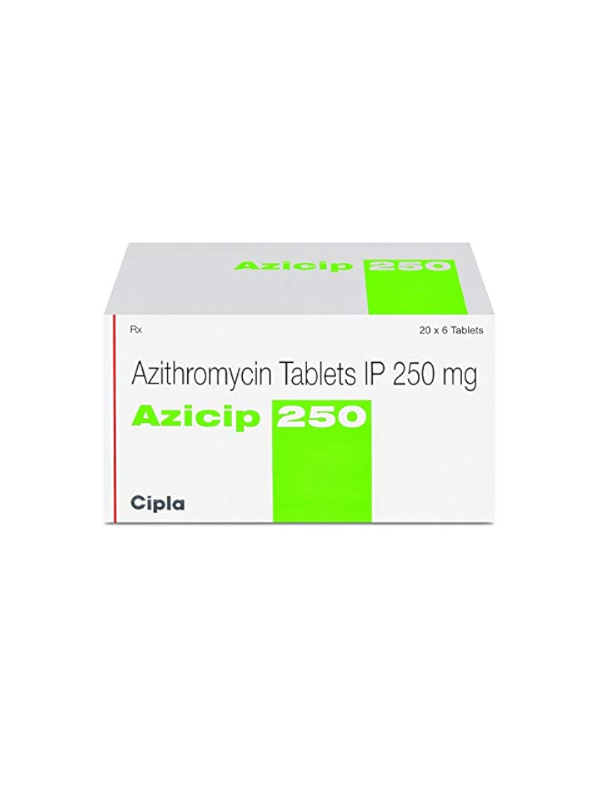
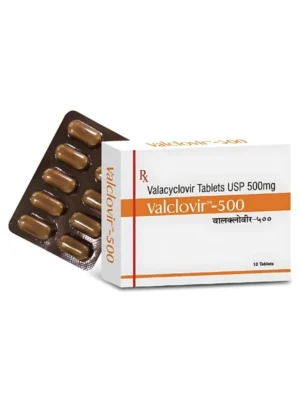
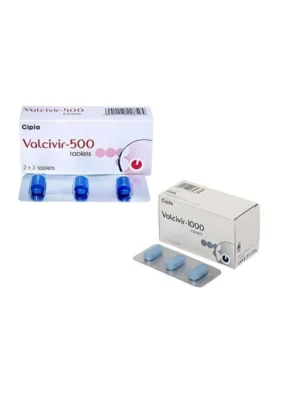

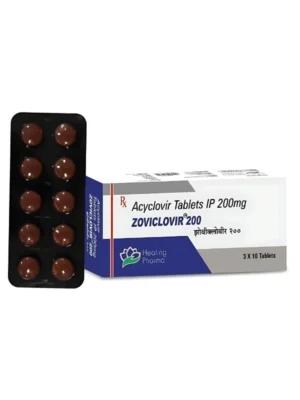
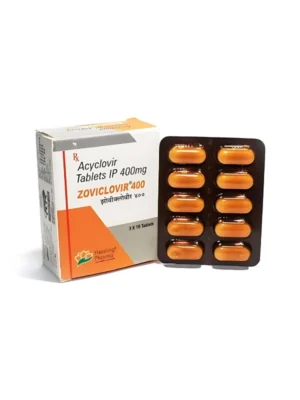
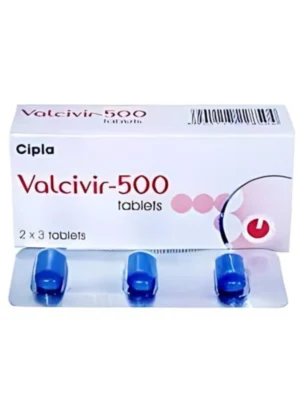
There are no reviews yet.